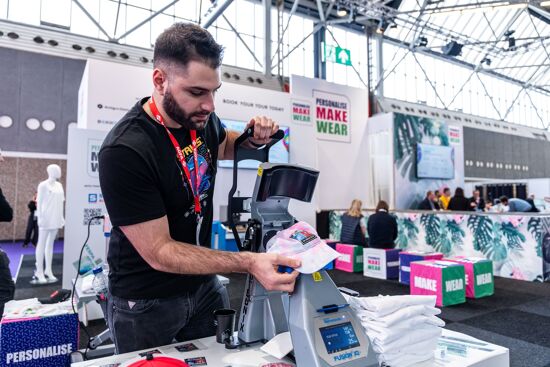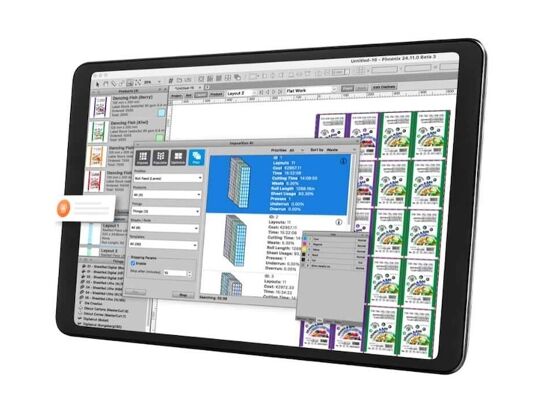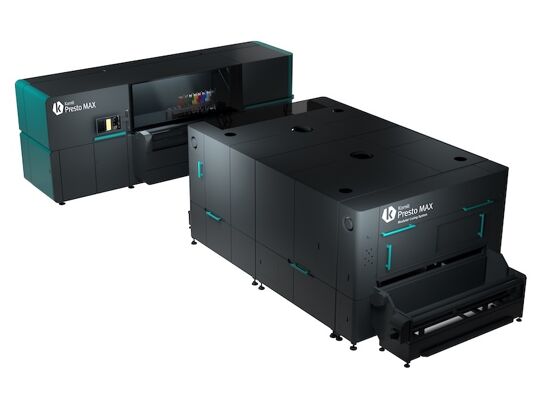Why sustainability continues to grow within European business
With energy sustainability a top-three priority for the European Union’s Europe 2020 strategy, a series of clear-cut targets have been set out.
Reducing greenhouse gas emissions, increasing the share of renewables and improving energy efficiency – all by 20%. Translating these ambitious goals into tangible realities requires concerted efforts from all sectors of society, including the business world.
Companies can contribute to a more sustainable Europe in a number of ways. Developing environmentally responsible products and services, reducing the carbon footprint of daily operations and cutting resource consumption can all have a positive impact.
Businesses can also foster environmental awareness among their employees and partners, encouraging them to incorporate sustainability into their daily work.
Digital transformation
Digital transformation is another measure that can help to mitigate negative environmental impacts, improve productivity and cuts costs. Even a simple change, such as switching from paper to electronic invoicing (e-invoicing) can bring significant savings.
Research commissioned by Ricoh revealed that companies pay 2.6 times less for receiving an electronic invoice than for its paper equivalent. In the long-term, the switchover from paper invoicing to e-invoicing could drive cost savings of €243 billion for businesses across Europe.
Companies which have already launched a digital revolution in the office will be better prepared for a future shaped by “intelligent workers” (iWorkers).This new breed of skilled employees thrive in a digitally connected workspace where they have 24/7 access to all the necessary information to meet the needs of the business and its clients.
While another Ricoh commissioned study found that only 4% of business leaders considered the majority of their workforce to align with the iWorker definition, they expect this number to rise to 37% by 2018.
The potential of the sustainable economy
The European Commission is encouraging companies to exploit the great economic potential of a sustainable economy. The global market for environmental goods and services is already worth around €1 trillion per year and this is expected to double by 2020.
Forward-thinking business leaders are now preparing their organisations for the upcoming era of green growth. They have realised that sustainability is not a burden but a chance to improve a company’s overall performance, build consumers’ trust and drive profits.
Beginning a green transformation may seem daunting. Audits conducted by a specialised partner can create a tailor-made sustainability roadmap for each organisation. Experts can highlight inefficiencies and propose adequate solutions for identified challenges.
Setting up such a plan is the first step in exploring eco-improvements across the whole business model. Progress monitoring and periodical overhauls of agreed tactics are necessary to make sure a company stays on target with its green commitments.
As we have found with many organisations – multinationals and SMEs alike – a systematic approach can bring significant results. This includes a considerable reduction in paper and electricity consumption, along with renewed motivation for employees to contribute to their company’s green goals.
Journey towards sustainable business
A company’s journey towards a sustainable strategy often follows three phases. It starts with passive compliance and environmental regulation, where all the legal boxes are checked but there is no ambition to drive positive change.
Next, the company’s leaders define their own environmental goals and proactively implement green practices, setting the bar above basic regulatory requirements. It is usually at the end of this phase that sustainability efforts start to pay off, boosting profits and performance.
The ultimate destination of this journey is what Ricoh defines as “the responsible stage” – a rewarding turning point where ecological solutions and business strategy complement each other to drive economic benefits for the company, consumers, the environment and the wider economy.
All businesses have the potential to move from the passive to the responsible stage. This transition is imperative in turning the Europe 2020 sustainability targets from a grand vision into reality.Now is the time for those lagging behind on green goals to join the sustainability revolution.
Inspiring examples of environmental champions and encouragement from policymakers can position green growth as a compelling target for businesses. Going green is no longer a jump into the unknown, but a smart step towards a sustainable and profitable future.
Source: Ricoh
Topics
Interested in joining our community?
Enquire today about joining your local FESPA Association or FESPA Direct
Recent news

Special Effects in DTF Will Make Your “Prints” More Memorable
The DTF market is expanding with new vendors and innovations like multi-head printers enabling diverse ink options (spot, neon). Decorative films offer streamlined special effects. Keypoint Intelligence tested metallic and glitter films, noting varied ease of use and wash durability. New technology using adhesive and foil directly promises further creative advancements in DTF.

SmartHub – Expectations, opportunities and why you should attend!
The SmartHub at Personalisation Experience 2025 in Berlin will showcase personalisation and smart production opportunities across industries like textiles. Featuring a Smart Factory Trail with brands like Inkcups and Trotec, and a conference with experts discussing AI, mass customisation, and profit strategies, it offers insights into reducing waste and boosting efficiency through digital methods. Panel sessions will explore growth, automation in textiles, and smart manufacturing.

How is AI revolutionising Large Format Print?
Nessan Clearly discusses how AI in print relies on data pattern matching, already enhancing software for large format providers. He predicts that this will result in increased AI integration in workflow planning, job queue management, colour correction, image upscaling, and predictive maintenance via sensors and vision systems, ultimately streamlining operations and offering greater flexibility.

One Ink for All? Exploring Pigment in Textile Printing
Digital textile printing faces complexity due to diverse substrates requiring specific inks. The industry seeks a universal ink, with pigment ink showing potential. While traditionally for natural fibres, advancements aim to broaden its application, simplify processes by reducing pre/post-treatment, and improve sustainability, though challenges like hand feel on garments remain.